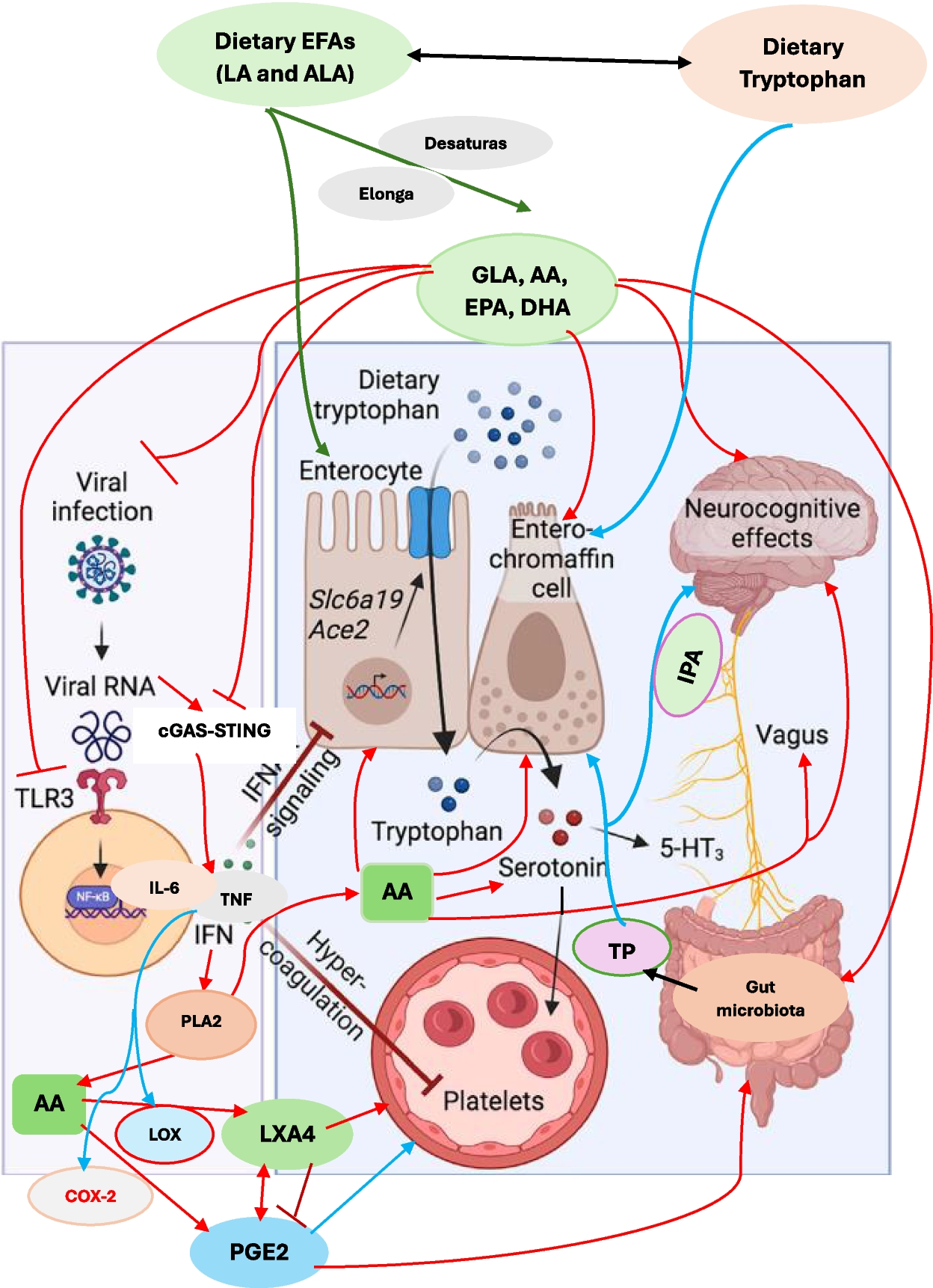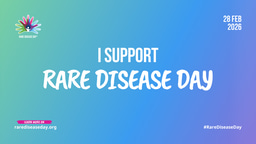Essential Fatty Acids: A Potential Solution for Post-COVID-19 Long-Haul Manifestations
Published in Cell & Molecular Biology, General & Internal Medicine, and Public Health
The aftermath of COVID-19 continues to unveil various challenges, with a significant number of individuals experiencing prolonged symptoms even after recovering from the acute phase of the illness. Commonly referred to as "long-haul syndrome," these lingering manifestations encompass a spectrum of issues ranging from fatigue to neurological impairments, posing significant hurdles to recovery [1, 2]. Although several hypotheses have attempted to elucidate the underlying mechanisms, there remains a critical gap in understanding why these symptoms persist and how best to address them [2, 3].
The Role of Essential Fatty Acids (EFAs) in Post-COVID-19 Management
In a recent study by Undurti N. Das published in Lipids in Health and Disease, a compelling hypothesis was proposed regarding the potential role of essential fatty acids (EFAs) in preventing and alleviating post-COVID-19 long-haul manifestations [4]. Das suggested that deficiencies in EFAs and dysregulation of their metabolism may contribute to the development and persistence of symptoms associated with long-haul syndrome [4].
Understanding the Hypothesis
Das's hypothesis stems from the multifaceted roles EFAs play in modulating various physiological processes, particularly those relevant to the immune response and tissue homeostasis [4]. EFAs and their metabolites exhibit immunomodulatory properties, influencing the host's response to viral infections such as SARS-CoV-2 [4]. These compounds have been shown to regulate cytokine release, exert cytoprotective effects, modulate neurotransmitter production, inhibit inflammatory pathways, and promote tissue repair and regeneration [4].
Implications for Post-COVID-19 Recovery
Considering the broad spectrum of actions attributed to EFAs, their administration may hold promise for mitigating the symptoms of long-haul syndrome and promoting recovery in individuals recovering from COVID-19 [4]. By addressing underlying deficiencies and supporting essential physiological processes, EFAs could alleviate fatigue, cognitive impairments, cardiac complications, and other persistent symptoms associated with long-haul syndrome [4].
Conclusion
The hypothesis put forth by Das underscores the importance of exploring novel approaches to address the complex challenges posed by post-COVID-19 long-term manifestations. Although further research is needed to validate these findings and elucidate the mechanisms involved, the potential role of EFAs in post-COVID-19 management offers a glimmer of hope for individuals experiencing persistent symptoms.
References:
Das UN. Can essential fatty acids (EFAs) prevent and ameliorate post-COVID-19 long haul manifestations? Lipids in Health and Disease. 2024; 23: 112.
National Institutes of Health. Post-Acute Sequelae of SARS-CoV-2 infection (PASC) [Internet]. Available from: https://www.nih.gov/research-training/medical-research-initiatives/pasc
Carfì A, Bernabei R, Landi F. Persistent Symptoms in Patients After Acute COVID-19. JAMA. 2020; 324(6): 603–605.
Sudre CH, Murray B, Varsavsky T, et al. Attributes and predictors of long COVID. Nat Med. 2021; 27(4): 626-631.
Follow the Topic
-
Lipids in Health and Disease

Lipids in Health and Disease is an open access, peer-reviewed journal that publishes articles on all aspects of lipids: their interaction with proteins, pharmacology, toxicology, natural products chemistry, role in health and disease, and enzyme systems involved in lipid metabolism.
Your space to connect: The Primary immunodeficiency disorders Hub
A new Communities’ space to connect, collaborate, and explore research on Clinical Medicine, Immunology, and Diseases!
Continue reading announcement

Please sign in or register for FREE
If you are a registered user on Research Communities by Springer Nature, please sign in